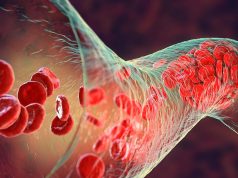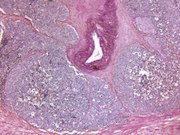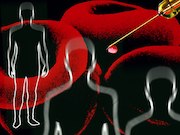Patient Experience Officers Can Play Key Role in Medical Offices
Officers ensure patients have a positive experience before, during, and after office visit
AMA Aims to Boost Affordability of ACA Marketplace Plans
Association addresses need for outreach to increase the number of people insured
2001 to 2015 Saw Decline in Self-Employment in Health Care
Gap in earnings between self-employed and employed health care professionals also decreased
Apixaban Is Safest Direct Oral Anticoagulant Versus Warfarin
Reduced risks of major, intracranial, and gastrointestinal bleeding compared with warfarin
Advanced Prostate Cancer Variant More Common Than Thought
Incidence of tx-emergent small-cell neuroendocrine prostate cancer 17 percent among those with mCRPC
Attending Surgeon Influences Genetic Testing in Breast Cancer
About one-third of surgeon variation explained by patient volume, surgeon attitudes to genetic testing
Error Rate 7.4 Percent in Speech Recognition-Assisted Notes
Overall, 15.8 percent of errors at level of speech recognition-assisted notes involve clinical info
Patient Interest Fairly High for Melanoma Genetic Risk Testing
Reduced interest seen in minority and less educated populations
Transfeminine Persons Have Increased VTE Incidence
More pronounced differences in VTE, ischemic stroke for those who initiated hormone tx during follow-up
AMA Calls for Inclusive Family, Medical Leave Policies
Association will advocate for policies inclusive of LGBTQ workers



















